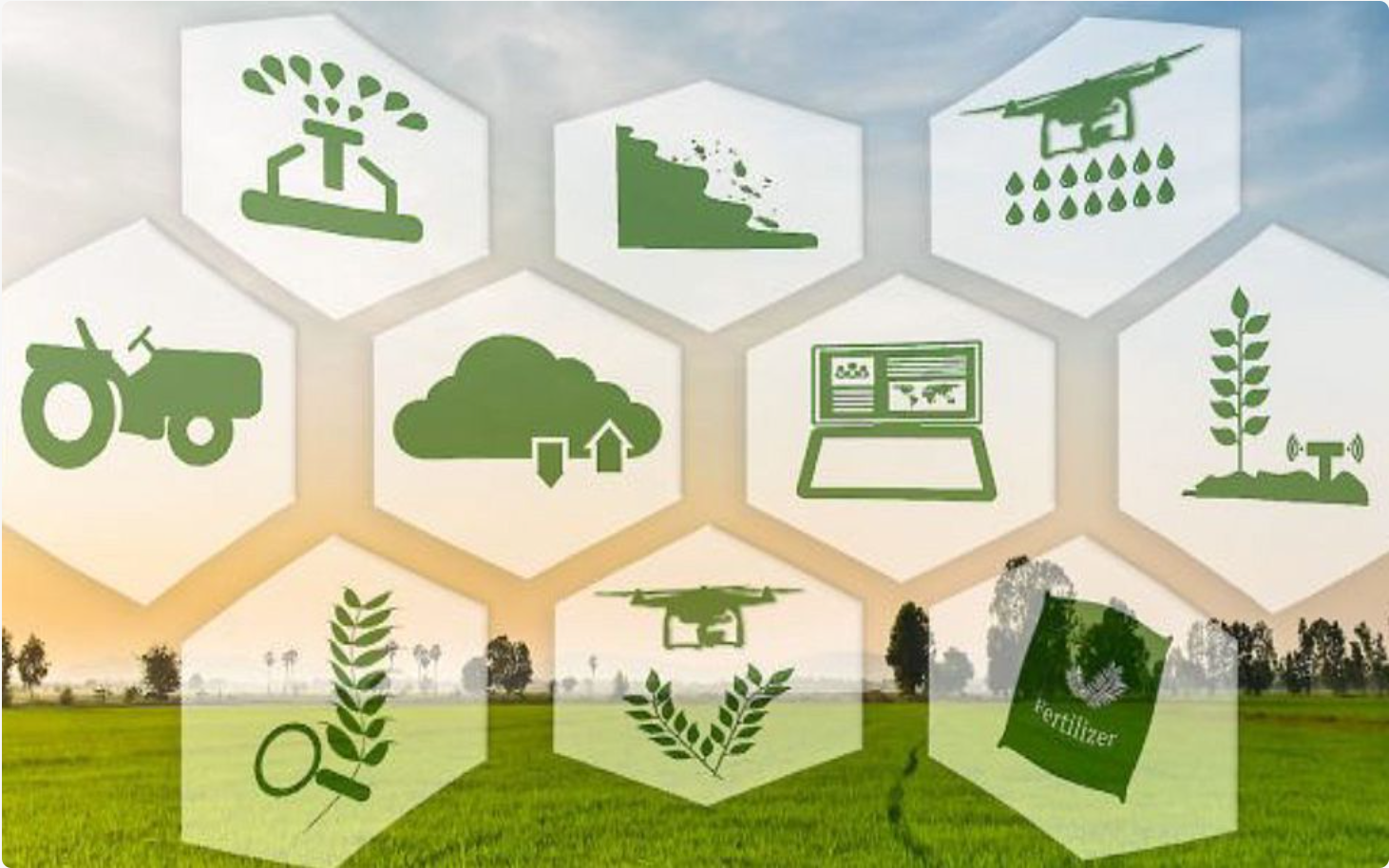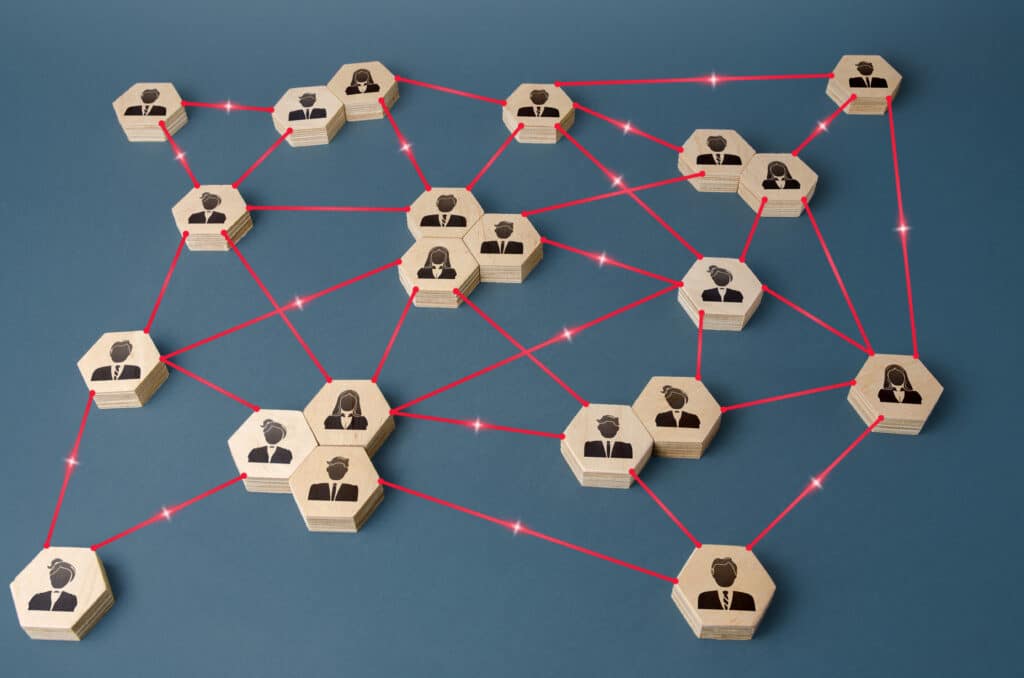This website uses cookies so that we can provide you with the best user experience possible. Cookie information is stored in your browser and performs functions such as recognising you when you return to our website and helping our team to understand which sections of the website you find most interesting and useful.
Blockera
Blockchain technology has emerged as a transformative solution for enhancing transparency, trust, and security in various industries, and one area where it has gained significant traction is supply chain management.

A blockchain-based supply chain traceability application leverages the inherent features of blockchain to enable end-to-end visibility and traceability of products as they move through the supply chain.
Traditional supply chains often suffer from a lack of transparency and traceability, making it challenging to identify the origin, authenticity, and journey of products. This can lead to issues like counterfeiting, fraud, inefficiencies, and difficulties in ensuring compliance with regulations and standards. By harnessing blockchain technology, supply chain traceability applications provide a decentralized and immutable ledger that records and verifies every transaction or event in the supply chain, ensuring a single version of truth and enhancing the integrity of data.
How does a blockchain-based supply chain traceability application work?
It involves multiple stakeholders, including suppliers, manufacturers, distributors, retailers, and consumers. Each participant has a unique digital identity and can record relevant information about the products on the blockchain at each stage of the supply chain. This information may include details like origin, production processes, certifications, quality control measures, transportation, and storage conditions.
The blockchain acts as a distributed ledger, where transactions are securely recorded in blocks linked together chronologically, creating an unalterable audit trail. This ensures transparency and prevents tampering, as any changes to the recorded data would require consensus from the network participants. The data stored on the blockchain can be accessed and verified by authorized parties, such as regulators, auditors, or consumers, thereby fostering trust and accountability throughout the supply chain.

Benefits of this Solution
- Enhanced Transparency: Blockchain enables real-time visibility into the movement of goods, allowing stakeholders to track products at each stage and ensure compliance with ethical and regulatory standards.
- Improved Efficiency: By automating data capture and verification, blockchain streamlines supply chain processes, reduces paperwork, minimizes errors, and enables faster resolution of disputes or recalls.
- Increased Trust and Authenticity: The immutable nature of blockchain ensures that product information, certifications, and claims are verifiable and trustworthy, reducing the risk of counterfeit or fraudulent goods.
- Better Quality Control: With comprehensive traceability, stakeholders can quickly identify and address quality issues or non-compliance, improving product safety and consumer confidence.
- Sustainability and Ethical Sourcing: Blockchain-based traceability allows for the tracking of environmental and social impact factors, promoting sustainable practices and responsible sourcing.
Can Revolutionize the Food & Agriculture Industry
Blockchain-based supply chain traceability applications have the potential to revolutionize industries such as food and agriculture, pharmaceuticals, luxury goods, and electronics, among others. By providing an immutable and transparent record of product information, these applications empower consumers to make informed choices, encourage responsible business practices, and foster a more efficient and trustworthy supply chain ecosystem.
It's worth noting that implementing a blockchain-based supply chain traceability application requires careful consideration of technical aspects, collaboration among stakeholders, and adherence to industry standards and regulations. Nonetheless, the potential benefits and positive impact on supply chain integrity make it an exciting and promising solution for the future of global commerce.

Self-sovereign identity (SSI) Blockchain Solutions
Self-sovereign identity (SSI) refers to the concept of individuals having full control and ownership over their digital identities, allowing them to manage and share their personal information securely and selectively. Blockchain technology provides a suitable foundation for implementing SSI solutions due to its decentralized, transparent, and immutable nature. Here are a few blockchain-based solutions for self-sovereign identity:
- Decentralized Identity (DID): DIDs are unique identifiers anchored on a blockchain that enable individuals to control their digital identities. Each DID is associated with a public-private key pair, allowing individuals to authenticate themselves, digitally sign documents, and selectively share their personal information with trusted entities.
- Verifiable Credentials: Verifiable credentials are digital representations of attestations or claims made about an individual's identity attributes or qualifications. These credentials are issued by trusted entities and can be stored on a blockchain. Using cryptography, they can be verified without revealing sensitive information, ensuring privacy and authenticity.


- Smart Contracts: Smart contracts on a blockchain can facilitate the interaction and exchange of identity-related information between parties. They enable individuals to define rules and conditions for sharing their data and specify how it can be used, providing fine-grained control over data access and consent management.
- Consent Management: Blockchain-based SSI solutions can incorporate consent management mechanisms that enable individuals to grant or revoke permissions for data access or usage. These mechanisms ensure that individuals have control over who can access their personal information and for what purposes, enhancing privacy and data protection.
- Interoperability: Blockchain-based SSI solutions aim to establish interoperability between different identity systems and platforms. Protocols and standards, such as the Decentralized Identity Foundation's DID and Verifiable Credential specifications, promote compatibility and seamless integration across various SSI implementations.
- Zero-Knowledge Proofs: Zero-knowledge proofs allow individuals to prove the validity of a statement without revealing the underlying data. By leveraging cryptographic techniques, zero-knowledge proofs can enable identity verification and attribute validation while preserving privacy.
- Governance Models: Blockchain-based SSI solutions often employ decentralized governance models that involve multiple stakeholders, including individuals, organizations, and communities. Consensus mechanisms and voting systems can be utilized to ensure transparency, fairness, and inclusivity in decision-making processes.
These blockchain-based SSI solutions offer individuals greater control, privacy, and security over their digital identities, reducing the reliance on centralized authorities and mitigating the risks associated with data breaches and identity theft. They have the potential to revolutionize various sectors, including finance, healthcare, e-commerce, and government services, by providing more efficient, user-centric, and trustworthy identity management systems.


